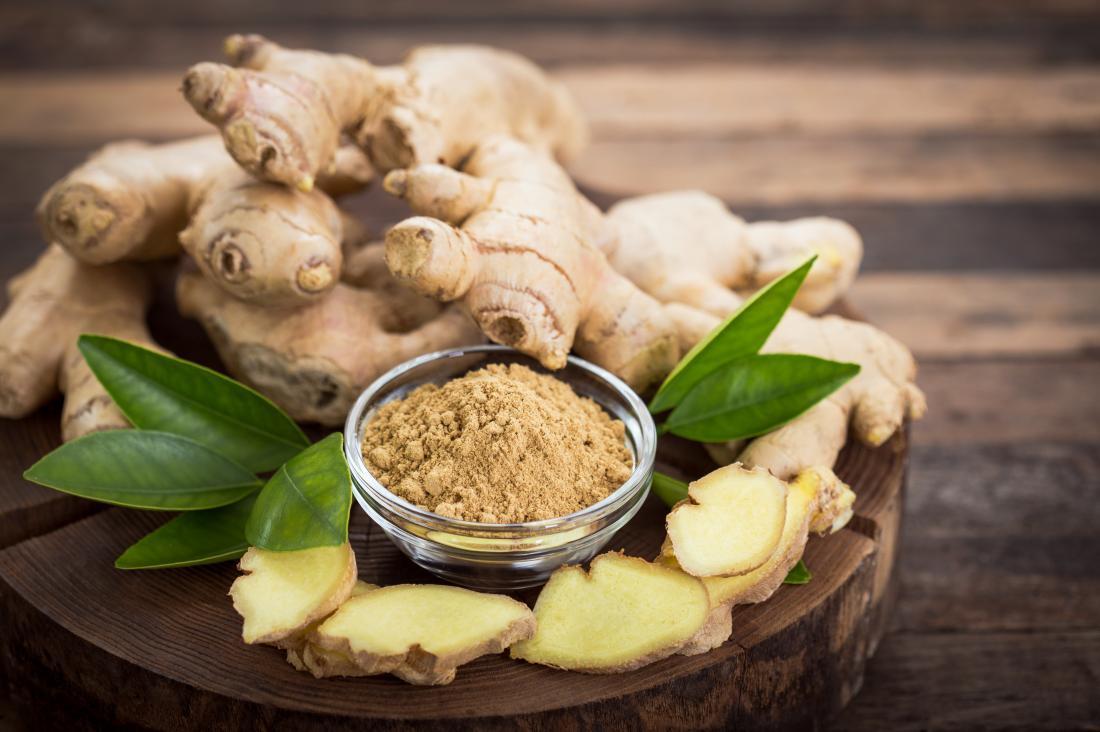People usually forget to include enough fruits and vegetables in their diet and therefore miss out on antioxidant benefits. By incorporating ginger in the food you eat, you’ll be getting your antioxidant intake, and it will replace the benefits that you would be getting from daily servings of fruits and vegetables. The antioxidants that are found in ginger help to neutralize unstable molecules that are known as free radicals. These molecules cause inflammation and damage cells and tissues, including the kidneys. If you have a diet that is too low in antioxidants, it can increase oxidative stress, which harms kidney function. Your kidneys are especially at risk when there is an elevation in blood glucose. Powdered ginger can improve your blood sugar control and significantly lower blood sugar levels and improve A1C that is a measurement of long-term glucose control. Ginger can also help reduce the risk of complications with diabetes like kidney damage.
Diabetes is a metabolic condition that some people are born with, and others might develop with time. Therefore it is essential to note what you are eating and how your diet might impact blood sugar levels. Ginger is low in carbohydrates and calories and contains potassium, iron, and fiber. Studies have shown that ginger can help to reduce blood sugar levels and help regulate insulin in people with diabetes. The benefits that ginger provides include bodyweight reduction and reduction of body fat, decrease in blood sugar levels and can increase insulin levels. Ginger powder supplements can improve fasting blood sugar by taking grams of ginger every day. The anti-inflammatory properties can help prevent certain diabetes complications.
Even though ginger can be useful in diabetes management, you should not consume more than 4 grams per day. When you’re considering including ginger in your diet, you should speak to your doctor first if you’re taking blood-thinning medications or medications for blood pressure. You can include raw ginger in your diet by chopping it, mincing it, or grating it and adding it in your recipes. You can also make refreshing ginger tea with sliced ginger or with ginger peels. By including ginger in your diet, you can help to manage diabetes and kidney disease. You can work with a dietician to know the right doses, and with the right kind of diet, you can manage your blood glucose levels and also reduce the amount of fluid and waste in your kidneys.

Yeah, Ginger is one spice that’s really medicinal. I hope people read it that we need only about 4 grams of it daily though. It will good if we can consume it regularly though